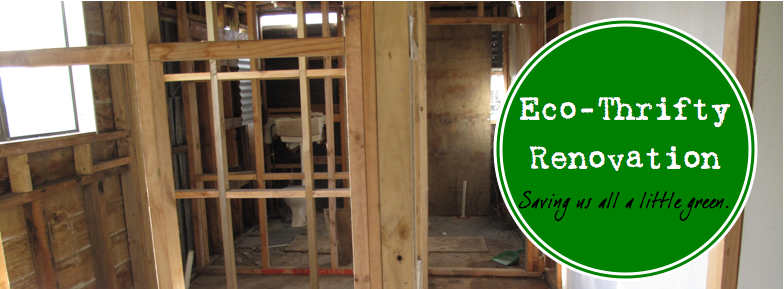Over the past few months the global economy has ridden a roller coaster ride of spiking and easing prices on everything from oil, to currencies, food commodities. While this has led to lack of confidence in major economic systems, it has also led to rising interest in Local Exchange and Barter Systems and Alternative Currencies.
We are fortunate here in Wanganui to have a local currency system in place. Our local currency is called the River Exchange and Barter System, or REBS for short. Our network is made up of 162 members who offer a wide range of services, from childcare to gardening to electrical work. The network averages over $3,000 worth of trades per month with over $200,000 in trades occurring since the system's birth.
Local currency is one key way of building resiliency in a community. It helps community members realize the wealth of services available locally, and also helps identify community weaknesses. We seem to have a glut of gardeners in our system, but no plumbers. We work hard to support the REBS system by allowing our workshops to be paid for in REBS and using those REBS to then buy food and other goods at the market. It is a definite win-win.
I thought I might give a glimpse at some recent news stories that centre on alternative currencies and local exchange and barter systems.
Here’s one from the New York Times:
Amid Recession, A Return To Bartering
The New York Times - December 8, 2010.
“The concept of bartering often conjures an aura of myth: Jack’s storied magic beans,… [but] in the wake of the recession, bartering has captured a renewed interest among the cash-strapped or habitually thrifty… The hope is that not only will people benefit from an experience achieved through cashless means, but that they’ll also widen their career circles as well.”
And another from the U.S.:
Slow Money’s Gaining Momentum
The Concord Patch - February 1, 2011,
“Imagine if you could buy a cup of coffee from Starbucks in your town at a discount with local community money…The concept of local dollars isn’t new and was used briefly during the depression to stimulate spending in local communities. Slow Money, founded by Woody Tausch, is modeled on the 20-year old slow food movement and promotes investing in small food enterprises and local food systems.It also focuses on connecting investors to their local economies...”
And here’s one from across the pond:
Totnes: Britain's town of the future
The Guardian - Sunday 6 February 2011
“Totnes in Devon might be the most forward-thinking eco settlement in the world. As fossil-fuel reserves dwindle and the economy contracts, will resident-led Transition Towns become the way that we all live?
…A local currency is central to the Transition plan. ‘Think of a leaky bucket,…any time we spend money with a business that's got more links outside the community than in it, we leak money from the local economy. What local currency does is allow that wealth to bounce around in that bucket.’ “
And talk of a regional currency right here in Austral-asia. Not quite an alternative currency, but interesting nonetheless:
Businesses keen on common economic zone
“Many New Zealand businesses think the idea of a trans-Tasman currency and economic zone is hot… MYOB's business monitor surveyed over 1000 local businesses on possible policies ahead of this year's election and the concept of a common economic zone and currency with Australia garnered one of the most surprising responses…Forty-two per cent of Kiwi business owners surveyed were in favour of the concept”
And finally the local currency system developed by some creative youths in the U.K.:
Fruit is becoming 'alternative currency' in youth prison
The Independent - Monday, 31 January 2011,
“Children in young offender institutions in England and Wales are often given poor-quality food, leaving some so desperate for healthy meals that fruit has become an alternative currency in one prison…Young offenders are able to purchase additional food, including bags of fruit, from prison shops... Some boys bulk-buy fruit and exchange it for phone cards.”
Perhaps the end of summer is not the time to set up a fruit-based exchange system, with peaches and nectarines in surplus right now. But during the winter I could see this currency rivaling REBS in value. Happy Trading!

No comments:
Post a Comment